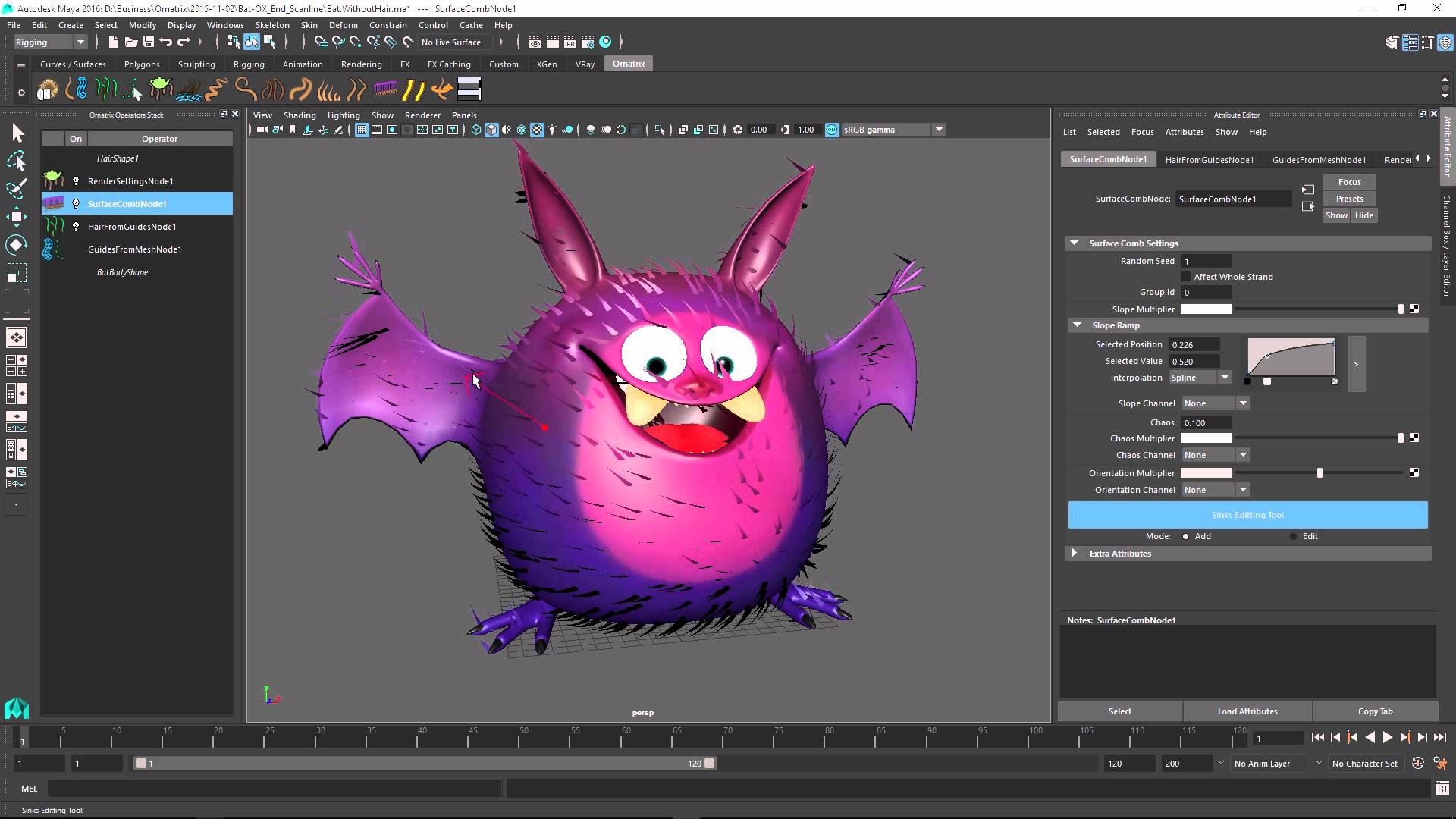

Long-range attraction to the host plant was significantly lower for laboratory-reared insects. fusca showed no preference to oviposit on surrogate stems impregnated with maize extracts. Moreover, unlike adults of the wild strain, laboratory-reared B. Oviposition on artificial stems was significantly higher for laboratory-reared insects than for the wild ones.

The mating success was significantly higher in laboratory reared when compared with the wild B. The present study was aimed at characterizing differences in mate acceptance and host plant recognition between Busseola fusca (Lep.: Noctuidae) reared for several generations under laboratory conditions and wild conspecifics, directly collected from maize stems in the field.


 0 kommentar(er)
0 kommentar(er)
